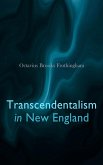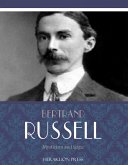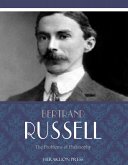In "Transcendentalism in New England," Octavius Brooks Frothingham offers an incisive exploration of one of America's most influential philosophical movements. Through a meticulously researched narrative, Frothingham examines the core principles of Transcendentalism, including the emphasis on individual intuition, the inherent goodness of nature, and the transcendence of the human spirit. His literary style, characterized by eloquent prose and astute analysis, weaves together historical context and critical theory, providing readers with not only a theoretical framework but also a vivid tableau of the cultural milieu in which this movement flourished during the 19th century. Frothingham, a Unitarian minister and a contemporary of prominent Transcendentalists such as Ralph Waldo Emerson and Henry David Thoreau, brings to the text a unique perspective grounded in both philosophical inquiry and personal conviction. His intimate engagement with the subjects of his study illuminates the interplay between philosophy and spirituality, suggesting that his own existential quests deeply informed his writing. His background facilitates a nuanced understanding that shines through his analysis, bridging literary critique and spiritual discourse. This book is an essential read for anyone interested in American literature, philosophy, or the cultural origins of modern individualism. Frothingham's thoughtful insights not only elucidate the significance of Transcendentalism but also encourage readers to reflect on their own beliefs and experiences. With a rich tapestry of ideas and historical context, "Transcendentalism in New England" remains a pivotal text for scholars and enthusiasts alike.
Dieser Download kann aus rechtlichen Gründen nur mit Rechnungsadresse in A, B, BG, CY, CZ, D, DK, EW, E, FIN, F, GR, H, IRL, I, LT, L, LR, M, NL, PL, P, R, S, SLO, SK ausgeliefert werden.









